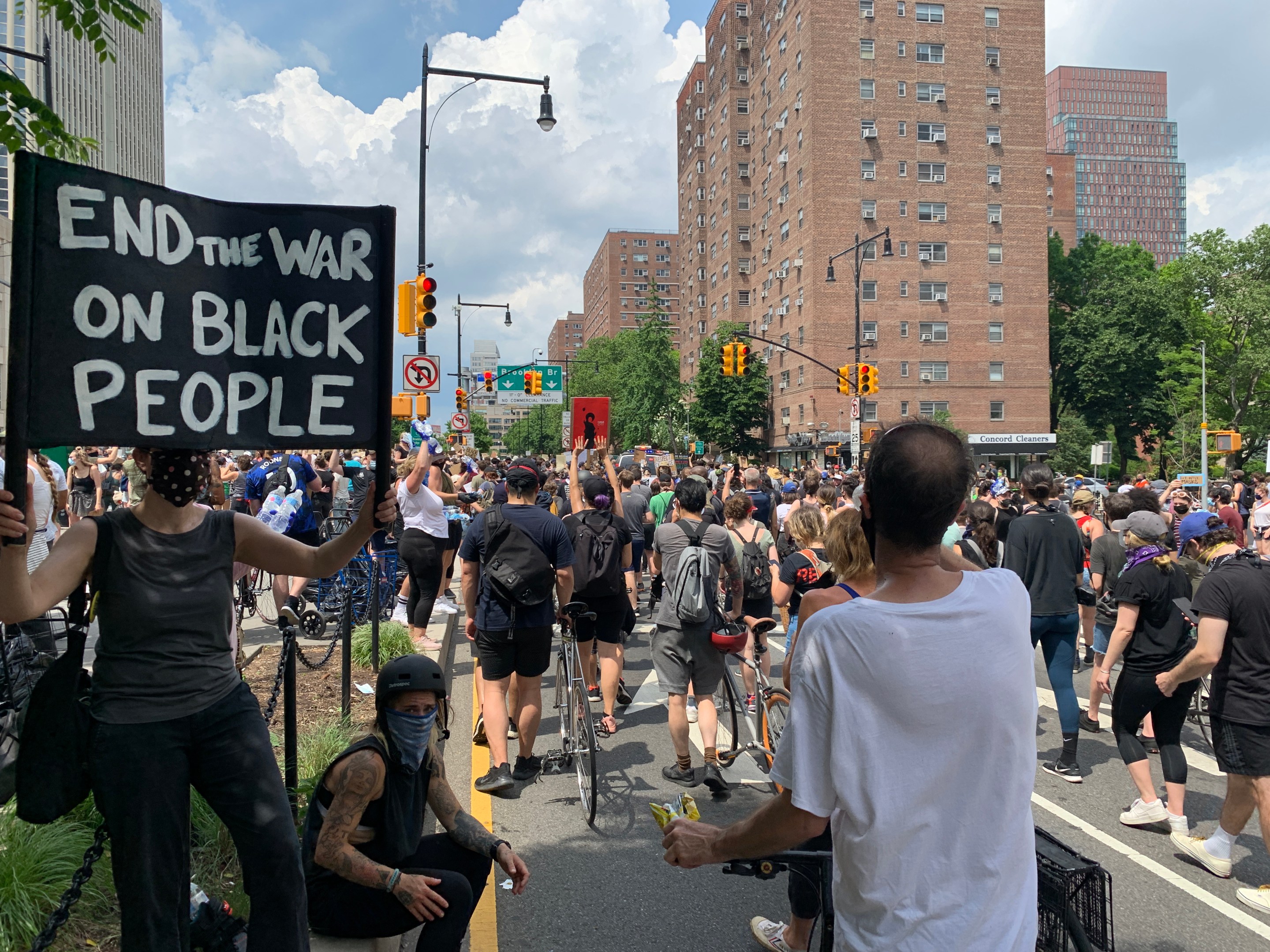Micromobility giant Lime is launching a program that the company says will turn its riders into activists for comprehensive street safety in their unique places — an unconventional move that raises serious questions about who controls the growing movement for street safety in the brightest terms.
The Lime Action program will use in-app communications, emails, and other tools to prompt scooter riders to get involved in street safety campaigns — and the company was careful to stress that it would take a wide lens on how it defines the word "safety." Lime will partner with locally focused organizations to decrease traffic violence, increase environmental sustainability, cultivate social and racial justice to connect riders with coordinated actions specific to their region.
"The goal is to transform one million Lime riders into one million advocates for safe streets," said Katie Stevens, head of global policy at Lime. "We've been listening to non-profits and advocacy organizations in the communities where we work, and they’re eager to see leverage the number of riders we have to help create change."
If Lime does not yet have a partnership in a particular city, the company will direct its customer to national organizations like the Complete Streets Coalition, as well as voter registration campaigns and petitions for expanding transit function.
The move comes at a moment when micromobility is poised to explode, but dangerous city streets are not yet poised to accommodate a surge of new riders.
Almost as soon as COVID-19 scared millions of riders off of indoor public transportation modes, evidence began emerging that scooters are among the safest modes of transportation for those looking to minimize exposure to the virus. Just like biking and walking, scooter use has surged in cities across America, and not just at Lime: rival company Bird reported that first-time scooter riders are 93 percent more likely to become consistent scooter commuters than they were before the pandemic.
And multiple companies have confirmed to Streetsblog that the average scooter trip has gotten substantially longer.
But many cities have been slow to accommodate this potentially massive mode shift. The death of George Floyd and other victims of police brutality have reminded Americans once again that violent policing and other forms of structural racism pose significant risks to Black Americans' free use of public space. And despite relentless advocate pressure at the neighborhood level in cities across the U.S., there's still a broad lack of protected infrastructure for non-car modes — not to mention an urgent need to address rampant air pollution can harm the health of anyone traveling outside an enclosed motor vehicle.
There's no doubt that our cities need a revolution in street safety — in the broadest way that the term is defined now. And there is a lack of government action, but is Lime — or corporations like it — the best allies in that fight?
Lime's list of local collaborators, at least so far, is thin, and heavily focused on active transportation organizations, many of which have drawn criticism for over-focusing on traffic safety rather than to a wider definition of safety that includes dangers that are disproportionately faced by the Black community, like police brutality. It's also unclear how Lime will select which of its partner organizations' campaigns to highlight, and how hard the company will push them to riders — both of which could have big implications if Lime Action succeeds in becoming truly influential.
Still, some advocates responded positively to Lime's announcement, which is at least somewhat unique among corporate "giveback" campaigns for its unusually local focus and strong emphasis on nonprofit-supported direct action campaigns.
Lime steps up to amplify the voice of community advocates with a thoughtful and potentially quite powerful approach. #LimeAction https://t.co/r9dCq6zFvK
— Piep van Heuven (@00Piep) June 26, 2020
Time will tell if Lime Action will succeed in the noble goal of supporting an advocate-set agenda for our mobility future.






